What I find extraordinary is to witness a great chain of solidarity, which extends from our partners and all our supporters, to our actions in the field.
TSF: How did you come to work in the humanitarian sector, for TSF?
Emmanuel: After high school, I found myself somewhat by chance - if you can call it that - in an engineering school, and I chose the telecommunications field. So I ended up as a telecom engineer. At a job fair, I went to meet the Red Cross, which told me that there was a need for telecom engineers in the humanitarian sector... It was a discovery for me!
Nevertheless, I needed experience, so I started working in a professional radio company (mainly public transport radio networks). After a few years, I discovered TSF in a newspaper article during the intervention in Libya (in 2011). I started to follow the news of the NGO, and when they opened a civic service 1 year later, I applied and... I had the chance to stay!
Not only was I able to discover the humanitarian environment, the emergency response in the context of natural disasters or conflicts... But it was also an opportunity for me to move professionally towards communication. This wasn't planned at the beginning either, but it's a position I feel comfortable in the NGO.
TSF: Could you explain what you do on a daily basis as TSF’s Head of Communications?
Emmanuel: In the head office, it is quite vast, because there is the communication of TSF globally, but also of each project, and the relations with our partners, who support and participate in our actions.
So there is a part of content creation, a part of centralising information from my colleagues at headquarters or in the field. I also see how committed our partners are to enable us to carry out concrete actions in the field.
I try to convey to everyone how our actions help people affected by wars or disasters, by giving them the possibility to communicate, or to access essential information.
TSF: What do you love about your job?
Emmanuel: What I find extraordinary is to witness a great chain of solidarity, which extends from our partners and all our supporters, to our actions in the field.
In the Communication Department, we have the chance to interact with TSF's partners and to appreciate how much the whole company is committed to the missions. On the other hand, we receive information from our colleagues in the field, sometimes we have the opportunity to go and talk directly with our NGO partners or the people affected, and we thus have a direct vision of what TSF brings; but our action is never isolated! And often our action is part of, supports or complements a common initiative. There are always other initiatives, local or international, all working together to help those affected by the crisis.
We know that communicating can make a difference in the lives of people who are going through a crisis, and this is what gives meaning to our work.
TSF: What challenges are you facing?
Emmanuel: What is challenging for me in humanitarian work is that it is never over. It is true that when we respond to a crisis, we can see concrete results of how our action has helped people. This is useful and it is also important in a perspective of accountability. However, we know that the crisis, most of the time, will continue! And new crises arise regularly.
I would say that working in the humanitarian sector is a humbling experience, as we are always faced with many difficult situations faced by so many people around the world. We would like to help them all, but that's not so simple!
It took me some time to appreciate the importance of the help we can give, on our own scale. We are not able to change or resolve the situation that the people are facing, be it a war, a migratory context or a disaster. But we know that communicating can make a difference in the lives of people who are going through this situation, and this is what gives meaning to our work.
TSF: So far, what has been the most memorable experience in your humanitarian career?
Emmanuel: I would say that I remember some beautiful faces I met during missions, people who amazed me with their energy, their strength, in often difficult situations.
I remember a young Iraqi woman, Doaa, whom we hired to carry out edutainment activities with children after the takeover of Mosul by Daech in 2014. She had preserved the project materials during an emergency evacuation of the camp where we were working in the autumn. In addition to her belongings, she had taken the equipment needed for the activities to another camp, which was transportable, but nevertheless an extra weight.
She was a medical student and had to travel more than two hours by bus each day to attend classes. Her perspective, after the crisis, was to resume her studies at an even more distant university. In conditions that could have led to discouragement or resignation, she showed instead a determination and honesty that made a deep impression on me.
TSF: What motivates you to keep going as a humanitarian worker?
Emmanuel: Stories like Doaa’s give sense to my work. And at the Communication Department, I’m able to report on distressing, sometimes revolting situations. I see networks of solidarity between partners, humanitarian workers, local initiatives, and I try to highlight this cooperation in the face of crisis.

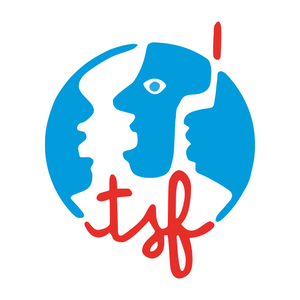
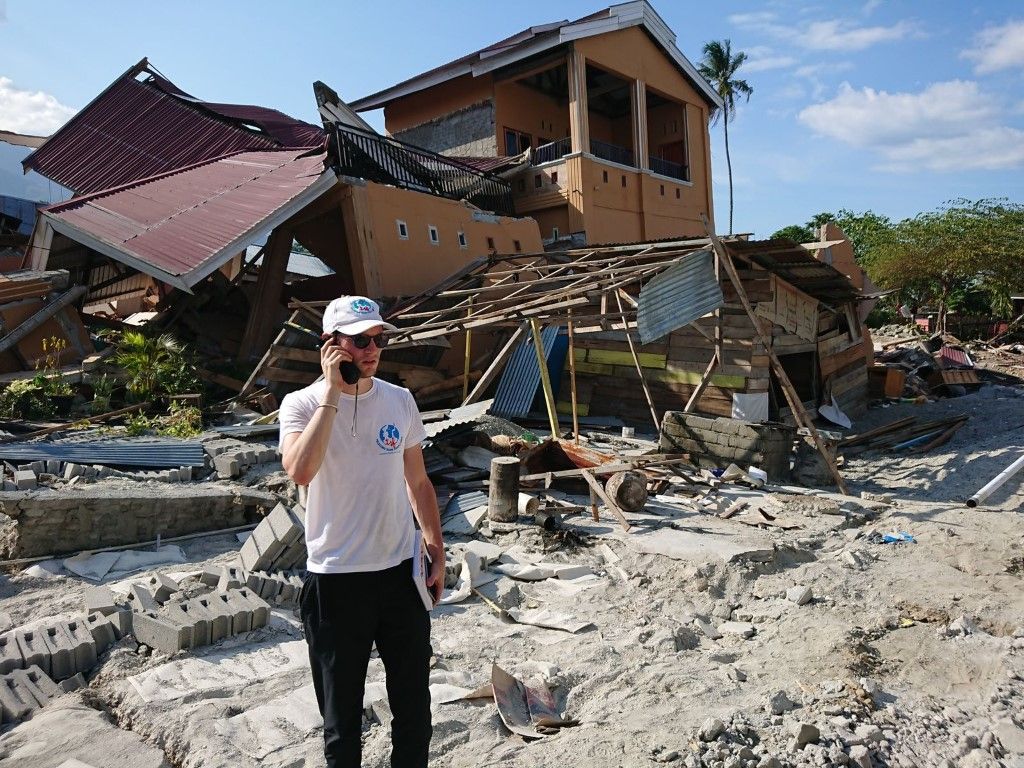



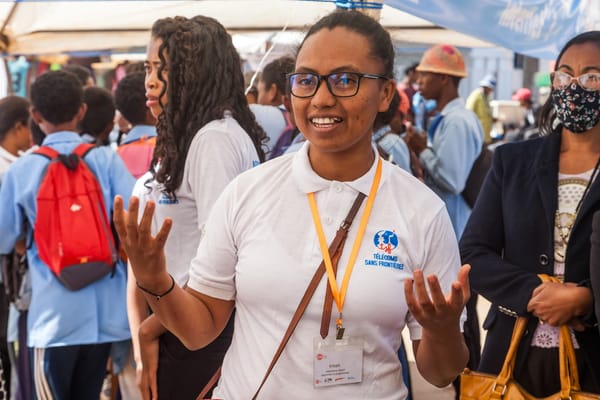
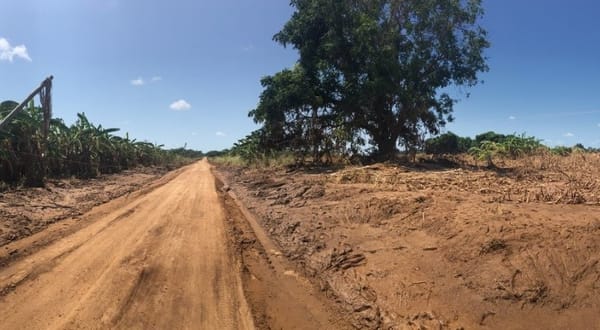
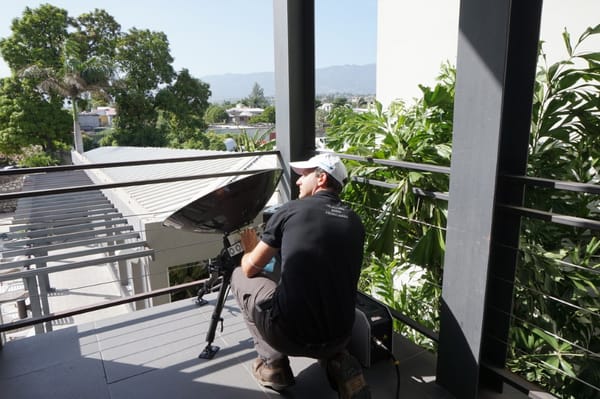
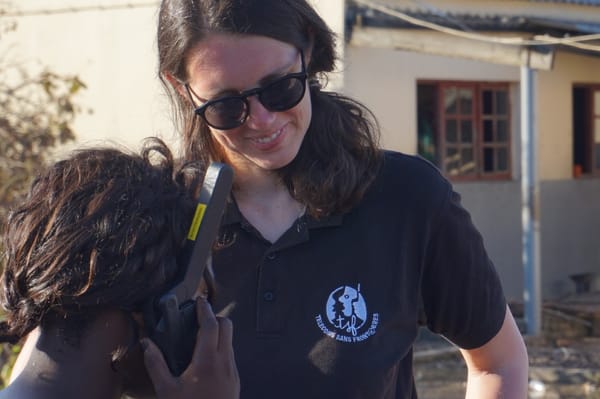
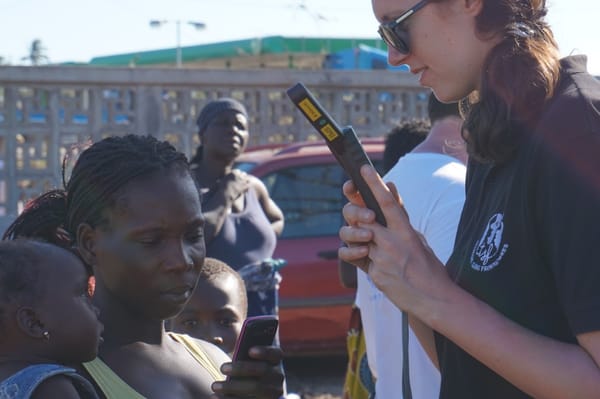
Member discussion